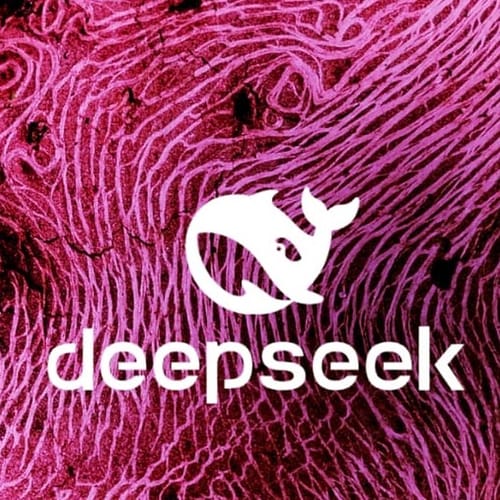Last week, DeepSeek, a small Chinese AI research lab, released DeepSeek-R1, an open-source AI model that competes with OpenAI's ChatGPT 4o and o1, surpassing them across key benchmarks.
(Source: Artificial Analysis)
However, I suppose anyone who has tried DeepSeek—available for free on the web interface with limited attempts—will likely view these claims as exaggerated marketing. While a decent open-source model, DeepSeek is subject to persistent hallucinations and, of course, lacks important user features compared to ChatGPT or Claude, such as canvas or memory.
(Source: Artificial Analysis)
DeepSeek's breakthrough optimizes AI performance through efficient memory allocation and accelerated processing without compromising accuracy.
At the same time, few notice that the widely quoted claim about DeepSeek's model reportedly cost less than $6 million to build (while U.S. companies spend $1 billion to train models) looks more like a bad joke. Somehow, this amount excludes the cost of video cards, developers, and the fact that it's impossible to get such a model on the first attempt. But when you count all those factors, it turns out that DeepSeek has invested in model training at a level quite comparable to Facebook's investment in LLama.
Public data on the number of video cards used to train the R1 model is also likely underestimated since DeepSeek cannot disclose the actual numbers due to U.S. export controls. But no matter the exact figures, this reveals a significant shift: cutting-edge AI models can now be created at a much lower cost than industry estimates predicted.
However, DeepSeek's breakthroughs don't stop at training costs; they also lower integration expenses for incorporating these models into apps, at least in the beginning: DeepSeek-R1's API costs ~$2 per million tokens, compared to o1's $26.3 and GPT-4o's $4.4.
The fact that advanced AI development requires significantly less capital than the projected $500 billion shocked the markets at the time, leading to a drop in Nvidia and AI stocks. Risk-averse investors inevitably impacted the crypto markets, causing the AI crypto market cap to drop ~30% post-DeepSeek-R1. But does this mean the end of the emerging crypto-AI sector? Quite the opposite.
DeepSeek is open-source, providing extensive opportunities for integrating it into existing products or developing new AI agent frameworks. In the crypto-AI sector, models are not created; they are leveraged. Therefore, any 5% improvement in speed, accuracy, or cost-effectiveness in AI models directly benefits the crypto products and agents that run on those models.
In other words, when the overall crypto AI agents market is down 50% from all-time highs, while the fundamentals have only improved, it appears to be an opportunity that "comes when there's blood in the streets."
Second-order effects? Investors are buying the dip, expecting the US to respond with its own push for AI leadership.
Every crypto AI project can now leverage DeepSeek's model, and many, such as Sora Labs, MyShell, Eternal AI, Eliza, and Hyperbolic, are already integrating it.
This momentum builds as Virtuals Protocol expands to Solana via LayerZero, introducing a Meteora Pool, a Strategic SOL Reserve, and offering 42K $VIRTUAL grants. At the same time, a16z launches Eliza v2, featuring enhanced tokenomics and AI agent features, while establishing a $10M open-source AI fund in collaboration with Jupiter and teaming up with projects like Nillion and MultiversX.
These projects may be even too early, though. This week, Wiz Research found in DeepSeek the most prevalent issue affecting nearly all AI startups: an insecure and publicly accessible database containing user data—almost everything, including chat history, data access keys, backend details, and more. This is not an isolated incident; it has occurred many times before—but an important reminder: only share information with chatbots if it won't cause problems if others see it.
(Thread)
So, this isn’t the peak of the AI boom — it’s the opposite. Faster and cheaper technology is beneficial. AI and crypto are still in their infancy, yet their crossover potential is undeniable.
(Thread)
And yes, there's no doubt: "cheap" Chinese AI will bring a lot more stories about where and how data is stored, who has access to it, and what questions one can or cannot ask those chatbots.
MetaTalks disclaims responsibility for any investment advice that may be contained in this article. All judgments expressed are solely the personal opinions of the author and the respondents. Any actions related to investing and trading in crypto markets involve the risk of losing funds. Based on the data provided, you make investment decisions in a balanced, responsible manner and at your own risk.


